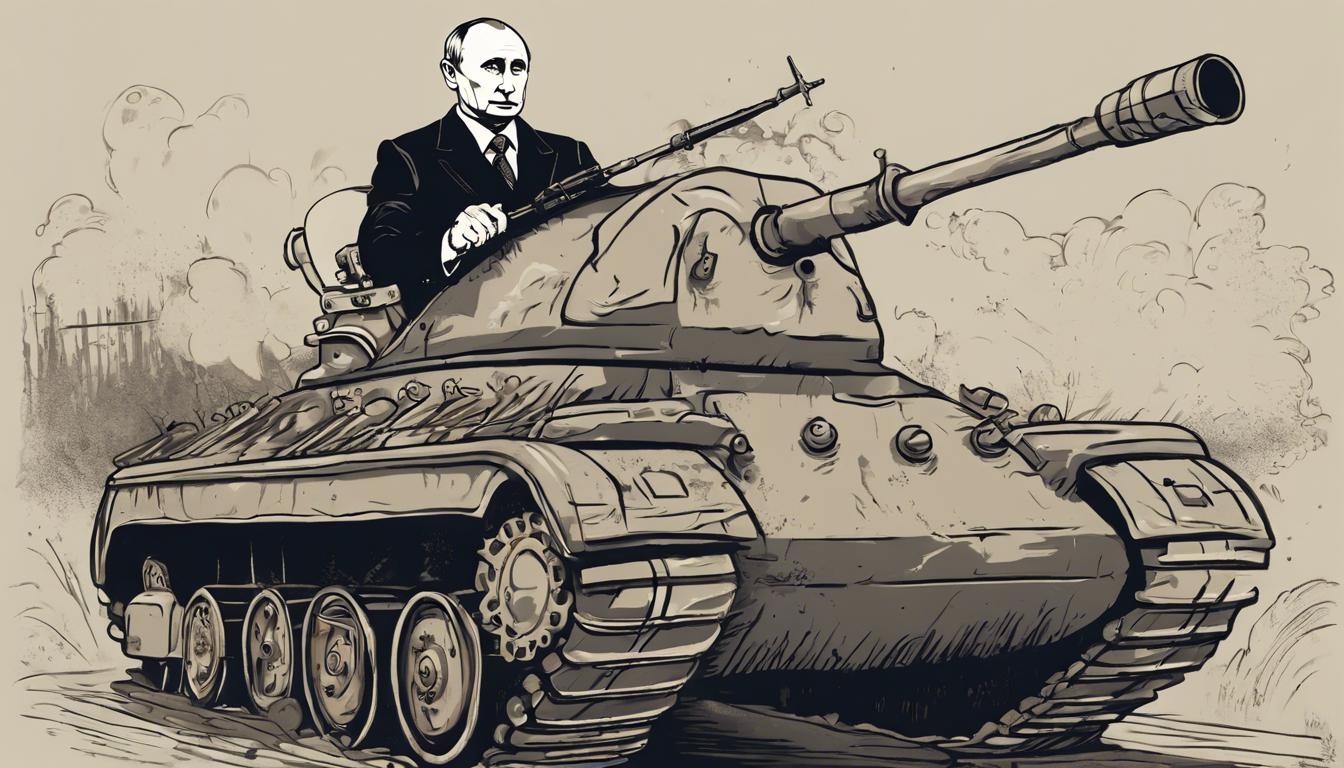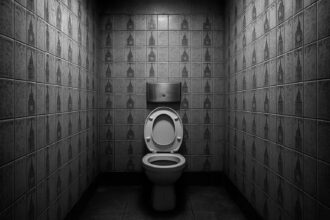Vladimir Putin, having dominated Russian politics for 24 years, is expected to secure a fifth term in a move critics claim is due to electoral manipulation. As international tensions rise, particularly over Ukraine, Putin gears Russia for further conflict, sparking global concerns.
Vladimir Putin, Russia’s longstanding leader, is on the verge of securing a fifth term in the upcoming elections, a move that is widely regarded as resulting from electoral manipulation. Having been in power for 24 years, Putin’s tenure has been marked by a significant consolidation of power, notably after constitutional changes in 2020 that could potentially extend his rule until 2036. The Russian government has intensified its military focus, particularly towards Ukraine, leading to significant civilian and infrastructure casualties both within and beyond its borders. This aggressive stance is amid predictions that Putin may push Russia further into a war footing, escalating Europe’s largest conflict since World War 2 that began with the invasion of Ukraine in 2022.
Putin’s approach to governance has been characterized by severe crackdowns on dissent, resulting in thousands of arrests and imprisonments for opposing his regime. The Kremlin’s actions have provoked internal and external criticisms; however, opposition voices within Russia have been effectively suppressed, leading to a muted internal response to Putin’s policies. Despite these criticisms, a German intelligence report leaked recently suggests that Putin may be preparing for a larger conflict with the West within the next two years. This report indicates potential plans to significantly boost Russia’s military capabilities, particularly in conventional weapons.
In response to the growing concerns about Russian aggression, there have been calls for increased military spending among Britain and its allies to counteract any potential threats. Cabinet Minister Tom Tugendhat has advocated for military spending to rise to 2.5% of GDP to deter Russian advances. Despite the looming possibility of further conflict and the ongoing issues in Ukraine, Putin has warned against Western interference in the election, asserting his strong support among Russian citizens.













